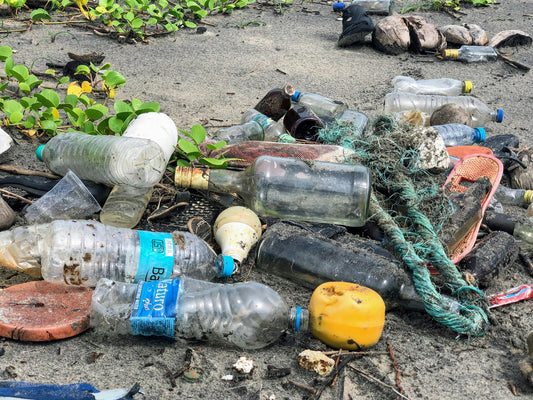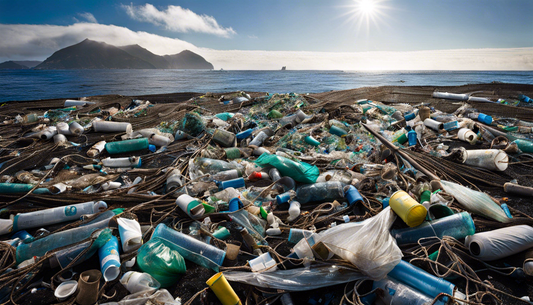Share
A recent study has revealed that methods aimed at purifying hazardous liquid waste from landfills can inadvertently elevate the concentrations of toxic substances, particularly PFAS (per- and polyfluoroalkyl substances). These chemicals, often referred to as "forever chemicals" are notorious for their nonstick properties and resistance to environmental degradation.
PFAS Increase:
Treatment plants designed to clean up leachate liquid waste from landfills may boost levels of banned PFAS, such as PFOA and PFOS, by up to 1,335%.
PFAS Risks:
PFAS are associated with various cancers and health complications, and their contamination is pervasive, detected even in isolated regions globally.
Study Findings:
The research examined leachate from 17 historical and active landfill sites, highlighting the need for further investigation into PFAS emissions from landfills.
Health Impacts:
PFAS emissions from landfills can taint adjacent groundwater and surface water, posing severe health risks, including kidney and testicular cancer.
Regulatory Concerns:
The study emphasizes the lack of comprehensive understanding regarding landfill operations and the need for alternative treatment methods to eliminate PFAS from leachate before its release into the environment.
Climate Change Impact:
Climate change is expected to worsen pollution from landfills, with older, unlined landfills potentially infiltrating surface and groundwater with PFAS chemicals.
PFAS Increase:
Treatment plants designed to clean up leachate liquid waste from landfills may boost levels of banned PFAS, such as PFOA and PFOS, by up to 1,335%.
PFAS Risks:
PFAS are associated with various cancers and health complications, and their contamination is pervasive, detected even in isolated regions globally.
Study Findings:
The research examined leachate from 17 historical and active landfill sites, highlighting the need for further investigation into PFAS emissions from landfills.
Health Impacts:
PFAS emissions from landfills can taint adjacent groundwater and surface water, posing severe health risks, including kidney and testicular cancer.
Regulatory Concerns:
The study emphasizes the lack of comprehensive understanding regarding landfill operations and the need for alternative treatment methods to eliminate PFAS from leachate before its release into the environment.
Climate Change Impact:
Climate change is expected to worsen pollution from landfills, with older, unlined landfills potentially infiltrating surface and groundwater with PFAS chemicals.
We hope you enjoyed this article. Please feel free to leave a comment below if you want to engage in the discussion.
If you want to read more like this, make sure to check out our Blog and follow us on Instagram. If you are interested in truly sustainable products, check out our Shop.
Check out the original source here.








